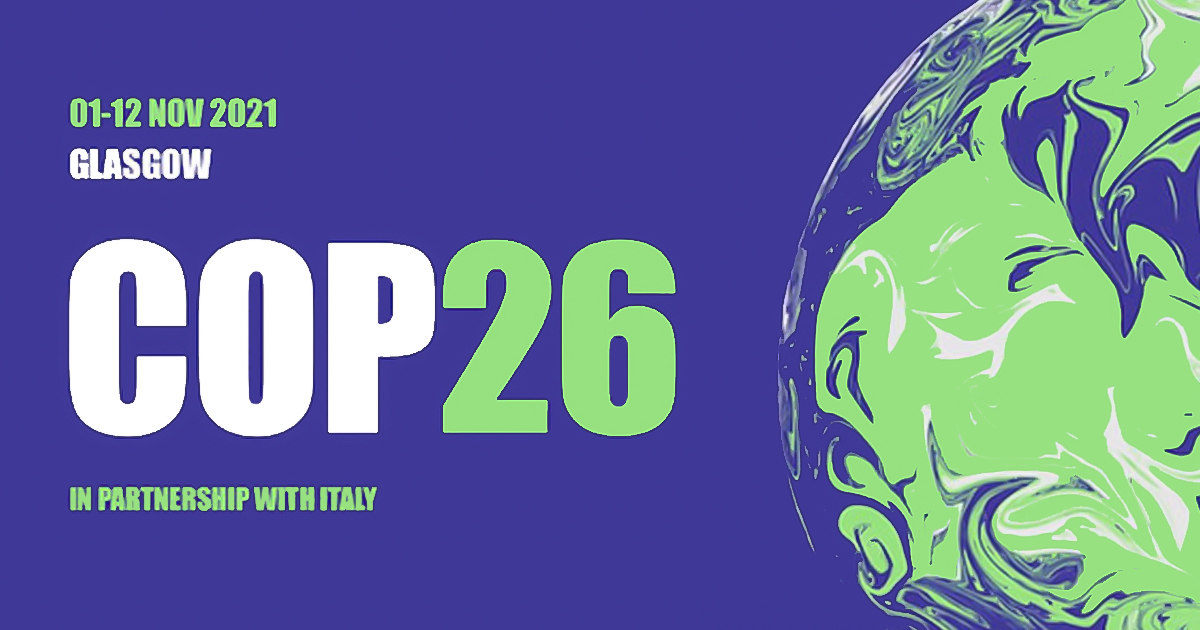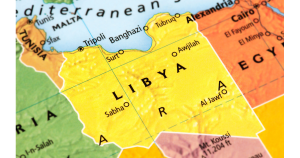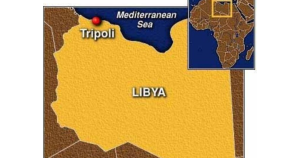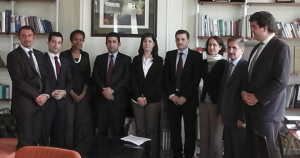No Peace Without Justice and the Nando and Elsa Peretti Foundation stress the need to tackle deforestation by cooperating during the ongoing conference and beyond, as previously declared by Alok Sharma, President-Designate of COP26. We need to limit the rise in global temperatures below two degrees and achieve the Paris Agreement’s target of 1.5°C. A structural change is needed and necessary, at the individual, societal, and State level, to change the way we interact with nature and tackle the climate and biodiversity crises.
It is the time for all citizens, decision-makers and businesses to act now!
We need to change our development model, our habits, our priorities. The time has come to embrace and tackle those changes; otherwise, in a few years we will not have this chance anymore.
Around the world, we see forests and their biodiversity vanishing at an alarming rate because of global trade and other profitable interests. Demand for such goods puts immense pressure on the Earth’s forests, which accommodate 80 per cent of our planet’s biodiversity and produce food and livelihoods for 1.6 billion people.
Forests regulate climate, reduce global warming and mitigate the risk caused by extreme climatic events. Healthy forests are key to reducing the occurrence of future pandemics and navigating a course out of the current one. These issues are of paramount importance and are central to discussions during COP26. States need to get on board with these issues and ensure their full compliance with the Paris Agreement if we are to safeguard the future of our planet.
“Everyone’s testimony and actions serve to awaken our responsibility as human beings. The time to join forces is now. Defense of Amazonia and its inhabitants is not a responsibility we should start living up to tomorrow.
We are linked to nature because we are part of it and we must never forget that burning the Amazon is ultimately burning us all.”
Elsa Peretti, founder of the Nando and Elsa Peretti Foundation
The ecological impacts have been of great magnitude in Amazonia. The rainforest is being burned, polluted with oil, damaged permanently with toxic waste and progressively degraded by extractive industries. As a result, the world’s most biodiverse natural reserve and significant source of oxygen is dying. Moreover, deforestation rates in the Amazon rainforest increased over the past decades, threatening the rainforest’s overall health.
Science has shown how the Amazon forest is moving toward a dieback scenario, in which the entire ecosystem could collapse in a vicious cycle of degradation and fragmentation. At this pace, it will be gone forever in a very short time.
“The damage to the Amazon is almost exclusively caused by outsiders, who view the land as a source of extractable commodities. Throughout the world, indigenous people have lived in harmony with their environment, managing and nurturing the land in a way that is mutually beneficial to people and to nature. There is a direct correlation between the erosion of indigenous rights and erosion of the environment: there is a lot we can do to reverse environmental devastation, including compliance with the Paris Agreement, but protecting and promoting indigenous rights has to be an integral part of any approach”.
Alison Smith – No Peace Without Justice
The increasing deforestation rates have had a major impact on those who live in the Amazon in a multitude of ways. Indigenous peoples depend on the forest’s biodiversity for their livelihood. Their lands are not only the primary resource of their traditional food systems and medicine, but they also define their social and cultural traditions.
Indigenous Amazonian inhabitants and local communities have been severely affected by the invasion, destruction and deterioration of their territories, as well as by the political persecution of many community leaders and environmental defenders. Deforestation is not only a threat to the environment, it is a threat to indigenous people and their rights.
“In my opinion, we cannot leave Amazonia’s destiny merely in the hands of future generations.
The disaster is not “yet to come”, it is already here”.
Elsa Peretti
We urge States to act during the ongoing discussions at COP26, and commit to more stringent and environmentally friendly practices. They need to establish efficient remedial and accountability measures, central to face Amazon’s environmental destruction. Deforestation, climate change and human rights violations are inextricably linked: accountability is an important key for halting and reversing the disastrous course on which the planet is currently set.
- Read Elsa Peretti’s full statement for Amazonia
- Read more about COP26
- Read more about the project “Amazonia Beyond the Crisis”




